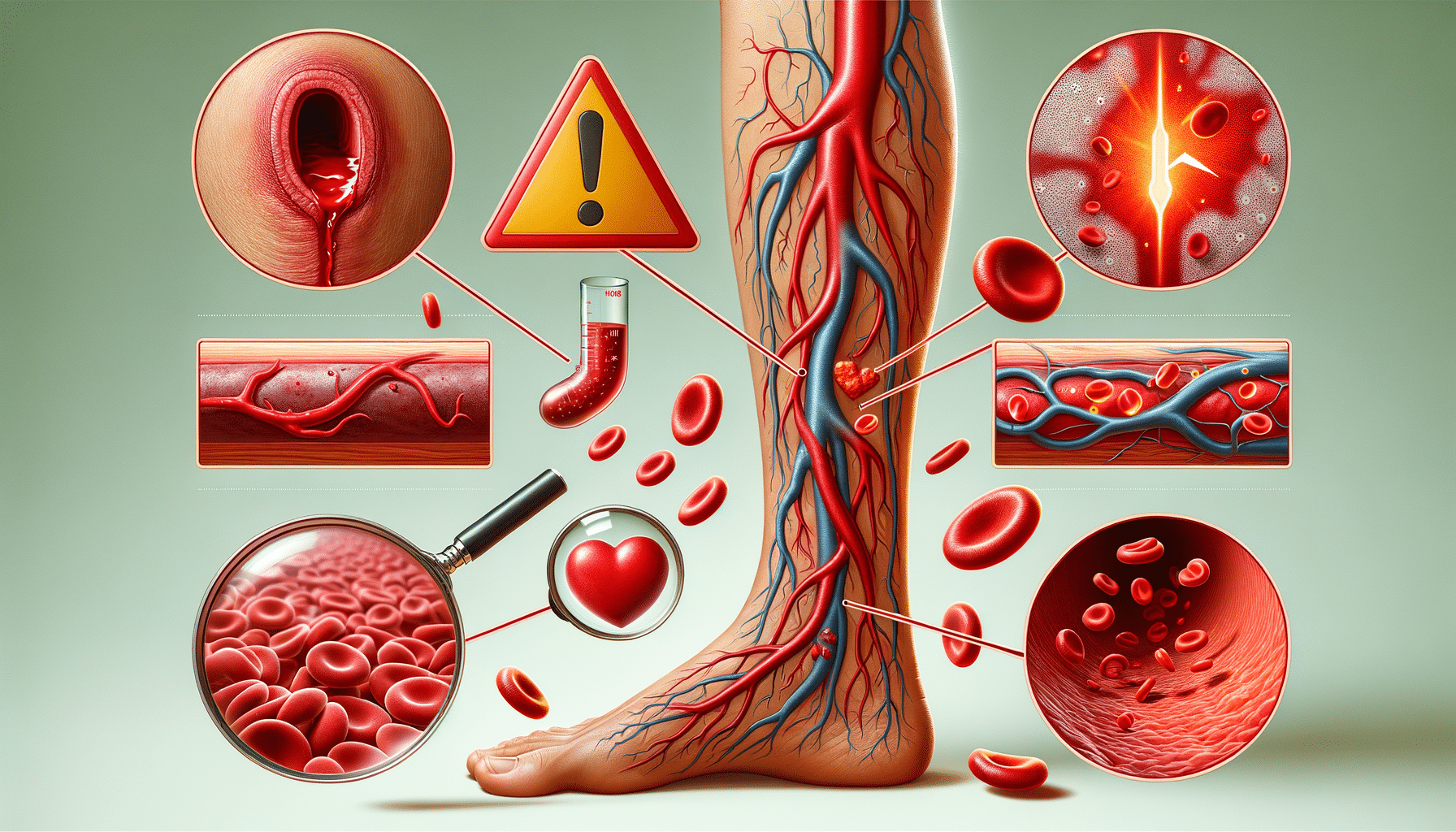
Hip Replacement Tips for Seniors
Introduction to Hip Replacement for Seniors
Hip replacement surgery is a significant step for seniors looking to regain mobility and improve their quality of life. As we age, our joints can wear down, leading to pain and reduced functionality. For many, a hip replacement can offer a new lease on life, allowing for increased activity and decreased discomfort. However, the journey to recovery requires careful preparation and understanding of the procedure. This article provides valuable insights into the process, offering practical tips for seniors considering or undergoing hip replacement surgery.
Preparing for Hip Replacement Surgery
Preparation is key to a successful hip replacement surgery. Seniors should start by consulting with their healthcare provider to understand the specifics of the procedure and any pre-surgery requirements. It’s crucial to discuss any medications being taken, as some might need to be adjusted or paused before surgery. Additionally, maintaining a healthy weight can significantly impact the outcome, so engaging in a suitable exercise regimen and balanced diet is advisable.
Another important aspect of preparation is arranging the home environment for post-surgery recovery. This includes setting up a comfortable recovery area and removing any tripping hazards. Having supportive devices such as a walker or cane ready can also aid in a smoother transition post-surgery. It’s beneficial to have a support system in place, whether it’s family, friends, or professional caregivers, to assist during the initial recovery phase.
Understanding the Recovery Process
Recovery from hip replacement surgery varies from person to person, but having realistic expectations can ease the journey. Initially, there will be some discomfort and limited mobility, but following the doctor’s rehabilitation plan is crucial. Physical therapy plays a vital role in recovery, helping to strengthen the muscles around the new hip joint and improve flexibility.
During the recovery period, it’s important to adhere to prescribed exercises and attend all follow-up appointments. Seniors should also be mindful of signs of complications, such as excessive swelling or fever, and report these to their healthcare provider promptly. Patience is key, as full recovery can take several months, but the end result is often well worth the effort.
Post-Surgery Lifestyle Adjustments
After hip replacement, seniors may need to make certain lifestyle adjustments to protect their new joint and enhance overall well-being. Engaging in low-impact activities such as swimming or cycling can help maintain fitness without putting undue stress on the hip. It’s also advisable to avoid high-impact sports or activities that involve twisting or pivoting motions.
Dietary adjustments can support recovery and joint health. Incorporating foods rich in calcium and vitamin D can strengthen bones, while anti-inflammatory foods like leafy greens and fatty fish can aid in reducing joint inflammation. Staying hydrated and avoiding excessive alcohol consumption are also important factors in maintaining joint health.
Emotional and Mental Well-being
Undergoing hip replacement surgery can be an emotional journey, and it’s important to address the mental aspects of recovery. Seniors may experience feelings of frustration or anxiety during the recovery process. Engaging in activities that promote relaxation, such as meditation or gentle yoga, can help manage stress levels.
Social support is another critical component of mental well-being. Staying connected with family and friends, whether in person or through virtual means, can provide emotional comfort and encouragement. If feelings of depression or anxiety persist, seeking professional support from a counselor or therapist can be beneficial.


